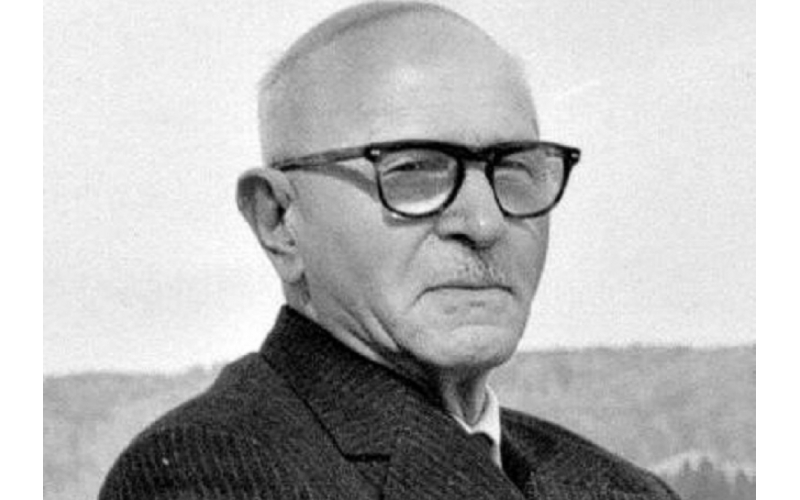
In his youth, he became interested in music and theatre, and then was mainly engaged in literature and journalism. Living in Paris, he regularly published articles about the culture of the Azerbaijani Turks in the "Revue de Monde Musulman" journal. When the ADR (Azerbaijan Democratic Republic) was established in 1918, Jeyhun Hajibeyli returned to Baku and became the editor of the Russian-language newspaper "Azerbaijan". In 1919, he participated in the Versailles Peace Conference as part of the Azerbaijani delegation. He published the book "The First Muslim Republic of Azerbaijan" in Paris and wrote a long article in the "Revue de Monde Musulman" journal about the brutal massacre of 30,000 people in Azerbaijan in the genocide committed by the Armenian nationalist chauvinist gang led by Andranik.
After the collapse of the Azerbaijan Democratic Republic and the establishment of the communist regime in Baku, Jeyhun Hajibeyli remained in Paris. He acquainted the French readers with the Azerbaijani music, art and literature, translated Uzeyir Hajibeyov's musical comedy "Arshin mal alan" (The Cloth Peddler) into French language and took part in its staging. He wrote articles about the Azerbaijani theatre, literature, Huseyn Javid, Jafar Jabbarli, and published a number of articles about the great Azerbaijani encyclopaedist, scientist, philosopher Abbasgulu agha Bakikhanov in Aziatik" journal in 1928. In 1933, he published a scientific article titled "The dialect of the Azerbaijanis of Karabakh" which is still relevant today, in the journal "Aziatik Review". Hajibeyli, together with French orientalists A. Bennigsen and Sh. L. Kelkejenin, participated in preparation of the monograph "History of Muslim publishing in Russia until 1920" published in 1964. Jeyhun Hajibeyli died on October 22, 1962 in Paris and was buried in Saint-Cloud Cemetery. One of the streets in Baku is named after him. Public figure Ramiz Abutalibov brought a major part of Jeyhun Hajibayli’s legacy to Azerbaijan. Nowadays the documents are kept at the Fund No.649 of the Azerbaijan National State Archive of Literature and Art named after Salman Mumtaz.
Views: 267
